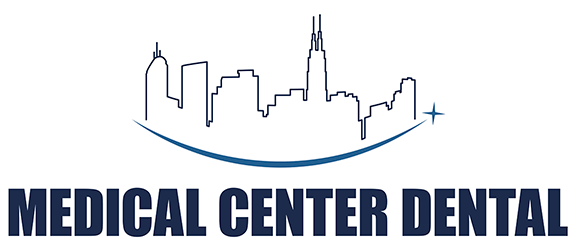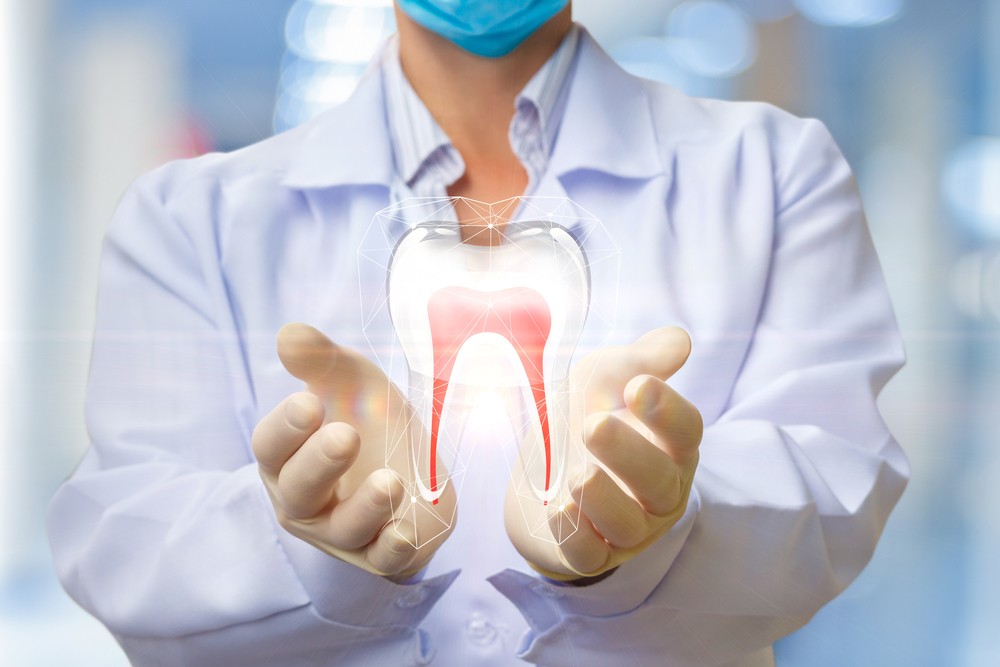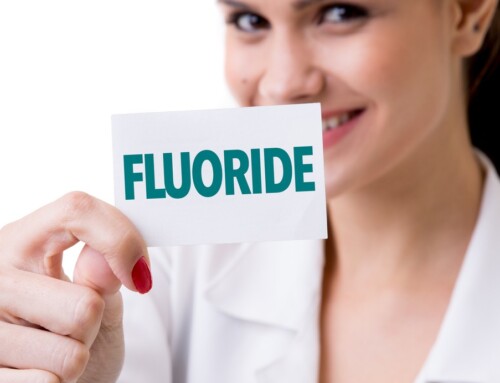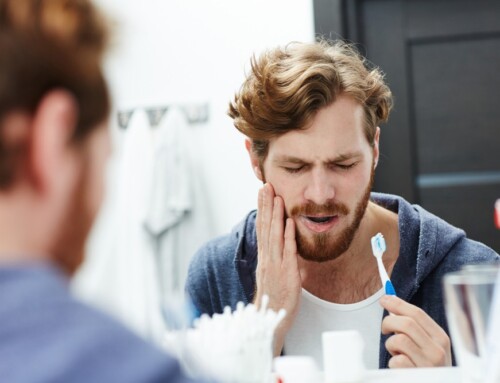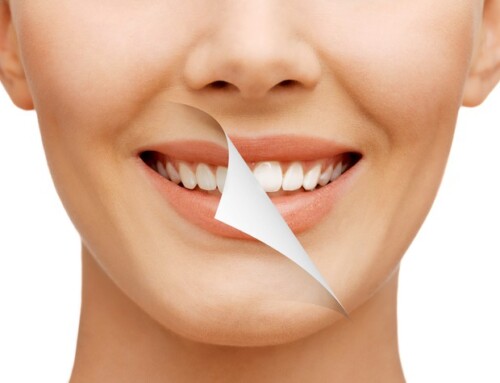Accidents and emergencies are inevitable and can happen within a blink of an eye. Dental emergencies should never be ignored or go without treatment for long since they can escalate into serious and potentially life-threatening situations. If ignored, injuries to your teeth, gums, or oral infections could permanently damage your teeth, resulting in extensive and more expensive treatment.
Dental emergencies can happen suddenly. One minute you might be enjoying a bicycle ride, and the next thing you know, you could have taken a spill on the pavement, and your tooth is out! We urge you to learn what is considered a dental emergency, the steps to take if an accident happens, and where to go for dental treatment in case of an emergency. Read on to learn more.
What are some common causes of dental emergencies?
Car accidents, bicycle rides, intense sports, and work-related and home-related accidents may be some common causes of dental emergencies. Other causes may include chipping a tooth while drinking from a glass bottle or eating tough substances that crack or break a tooth.
Infections can also lead to tooth abscesses which, if untreated, could lead to serious dental problems.
What is considered a dental emergency?
When it comes to what is considered a dental emergency, different occurrences come into play, including:
- Extreme toothaches
- Infected tooth (Tooth abscess)
- Broken tooth
- Permanent loss of a tooth
- Mouth injury
- Continuous bleeding gums
What should you do in case of a dental emergency?
Dental emergencies should be dealt with right away. You can do things at home to help ease the pain and temporarily remedy the situation as you seek medical assistance. Regardless of the emergency, staying calm as you handle the situation would be best. The following are remedies for common dental emergencies:
Extreme toothaches
Toothaches can be grueling and very painful. If you experience an extreme toothache, use warm water to rinse your mouth for some relief. You can also follow that up by gently brushing or flossing to remove any particles lodged beneath your gum tissue. If swelling exists, gently compress an ice pack to your cheek and take painkillers to alleviate the pain.
Visit a dentist immediately for further check-ups and treatment.
Infected Tooth
A swollen cheek or a bump on your gums are common symptoms of an infected tooth or an abscess. An abscess is a build-up of pus in the teeth or gums caused by an infection and requires urgent dental treatment. Rinse your mouth with salt water and take painkillers to help relieve the pain and swelling, but you need to see a dentist as soon as possible. You should only eat soft foods to avoid extensive swelling.
Broken Tooth
Mouth injury from an accident may cause a broken tooth. If you notice any lumps of the dental pulp or a broken line going up your tooth, you need emergency dental attention. If this occurs, collect any tooth fragments so you can take them to the dentist. Clean the injury with warm water and place a cold washcloth over the injured spot. Call the dentist immediately.
Permanent loss of a tooth
Take quick action if you get an injury that results in total tooth loss. Find the tooth if possible, and rinse the dislodged tooth in milk if it’s dirty to preserve it. Place your tooth back in the socket and hold it in place with gauze. Seek dental help immediately.
For chipped or broken teeth, pick up the pieces if possible and rinse in milk as you seek dental help.
Mouth Injury
Heavy impact on the mouth might result in jaw injury, jawline distortion, or a broken jaw. In case of this, you should keep the injured person’s face as still as possible and get medical assistance. Use a cold compress to reduce the swelling or minimize the bleeding of bitten lips or tongues. Call a dentist immediately if the bleeding does not stop within 15 minutes.
Tips to prevent dental emergencies
If you have suffered from dental emergencies, you may want some tips on how to prevent such future occurrences:
- Schedule a dental visit with Ingenious Dentistry in Houston, TX.
- Complete the recommended treatment plan by your dentist to avoid escalation of the emergency.
- Develop a disciplined oral hygiene routine – Brush and floss daily to keep your mouth healthy.
- Take soft foods that are easy to chew and avoid candy.
Ingenious Dentistry has got you covered!
You may not know what is considered a dental emergency, but at Ingenious Dentistry, your dental health is our priority. Endowed with highly skilled dentists, we endeavor to provide you with 5-star dental services. Call us immediately if you experience any dental emergency, and our experienced dentists will take you through the treatment options.
Image Credit to Natali _ Mis

